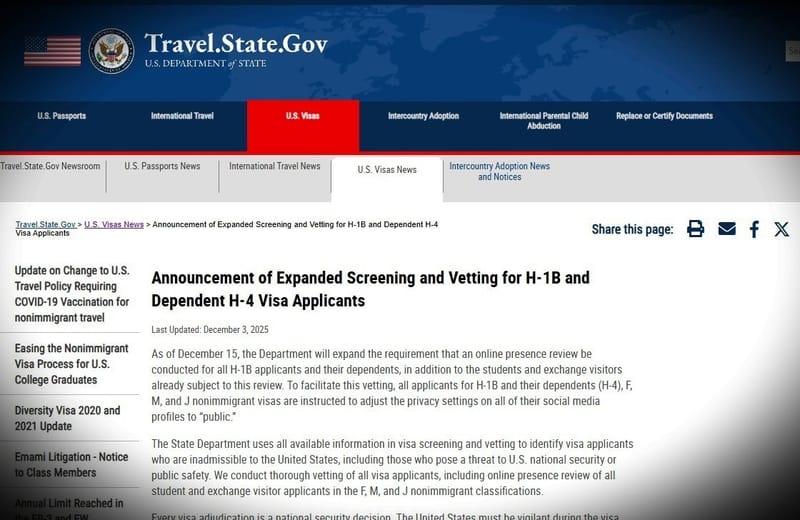Tata Technologies CEO: H-1B Fee Hike to Reshape Future Resourcing, No Short-Term Impact
This article reveals how leading global firms are strategically adapting their workforce planning to mitigate the impact of evolving H-1B visa policies.

Subscribe to our newsletter and stay informed about latest H1B news, policy updates and and other developments.
Article Summary
Tata Technologies CEO Warren Harris stated that while the H-1B visa fee hike announced by the Trump administration will not have a short-term impact, it will alter the company's future resourcing plans. Harris highlighted that the company's global staffing model, with 70% local employees in each region, reduces its exposure to visa issues compared to competitors.
Original Article: dailyexcelsior.com
[ Sentiment: neutral | Tone: factual ]
This summary and analysis were generated by TheNewsPublisher's editorial AI. This content is for informational purposes only; it does not constitute legal or immigration advice.
[ Sentiment: neutral | Tone: factual ]
This summary and analysis were generated by TheNewsPublisher's editorial AI. This content is for informational purposes only; it does not constitute legal or immigration advice.
TNP AI: Key Insights
This perspective from Tata Technologies' CEO is crucial for employers, especially those in the tech sector, as it highlights a proactive strategy to reduce dependency on H-1B visas through localized hiring. It underscores the increasing importance of diversified global talent pools in response to U.S. immigration policy shifts, offering a potential model for other companies navigating similar challenges.
The article references a specific H-1B visa fee hike to USD 100,000 announced by the Trump administration. While the Trump administration did implement various fee increases and policy changes, this specific figure for a general annual H-1B fee is exceptionally high and warrants further verification. Regardless, such discussions indicate a persistent trend of rising costs associated with sponsoring foreign talent, prompting companies to critically re-evaluate their international talent strategies.




